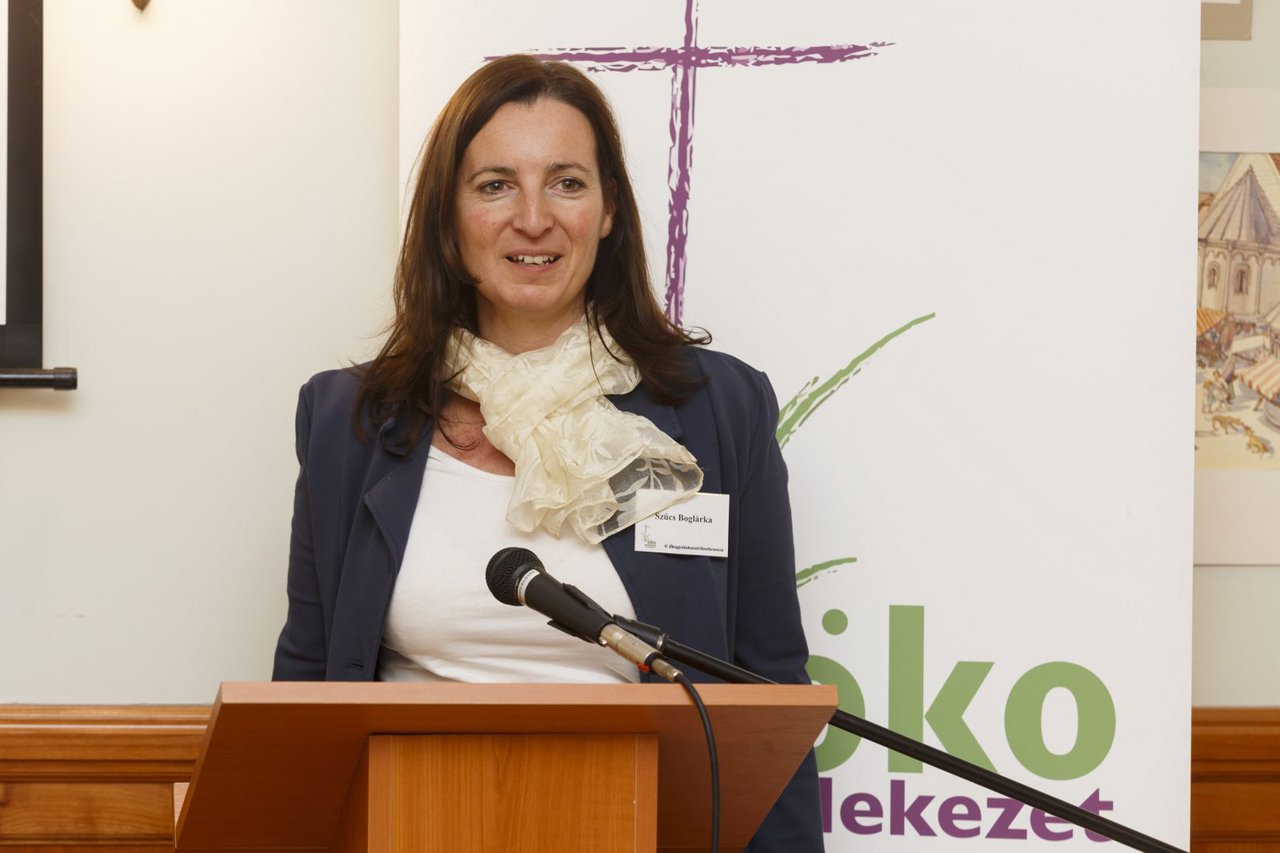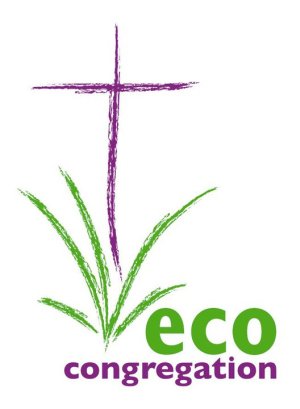We are cutting the branch we sit on - the expressiveness of our language is impressive. The epidemic reveals how fragile we are. And urges us to think in new structures and with new imagination, promoting a circular and ethical economy that respects the basic principles of nature.

It’s so interesting how our tiny fellow creatures have been teaching us lately to honor life. One of the tiniest but most important creatures on our earth, insect pollinators, have recently come under spotlight. We owe a lot to them. 30 to 35 percent of food for human consumption and 70 percent of the 100 most common industrial crops are pollinated by insects or other animals. These plants are crucial for a balanced nutrition of people, they are important sources of vitamins A, C, calcium, folic acid, and in their absence the rate of preventable diseases would increase significantly. It means the end of human well-being, if bees and other pollinators perish, a lot of other things would disappear with them e.g. apples, pears, carrots, onions, cabbage, cauliflower, almonds, mustard, sunflowers and more could be listed at length. The pollinating species are in most of the cases endangered due to human activities; the change of the way we use land, intensive farming, the use of pesticides, the emergence of invasive species, diseases and pests, and climate change.
It is also interesting to notice that an infinitely simple organism like a virus teaches us simplicity. It reprograms cells, but also our entire lives, into another, cleaner mode of operation that reveals how many things there are, which we don’t really need. Objects, tools, travels… At the same time, we discover very simple ways and forms for organizing our affairs, managing our work, we learn how to turn to each other, to listen, to gain time, to do good to each other. Moments in which true life resides.
On this fiftieth Jubilee Earth Day, the Earth’s population is facing the most widespread health crisis of recent times. The first Earth Day took place on April 22, 1970, in order to preserve nature, and although it became a worldwide movement in 1990, much of our planet’s natural resources have since declined critically or even depleted as a result of our over-consumption. Yet the complex network of ecosystems is also the basis of our own existence. We don’t know exactly about the risks humankind causes when disrupting the functioning of nature, we don’t exactly know where the tolerance limits of the ecosystem lies. But we can be sure that the disturbance of the balance of nature will also have a harmful effect on our health and the quality of life, and with the decrease of biodiversity, the chances of encountering potential pathogens more frequently will increase.

And, at last, it does matter a lot, how we will recover after the crisis. Are we going to revitalize the globalized economic system that promotes endless growth in a finite ecosystem, relies on long supply chains instead of supporting local communities, increases social and economic inequalities, exhausts and depletes natural resources, reduces biodiversity, and boosts climate change? Will we recognize the importance of the fact that our consumption and actions in the one “Oikos”, in our common household, have an impact on others, even in remote parts of the world? Will we be willing to promote a more moderate way of life worldwide, to look at our real needs instead of fulfilling our exaggerated, unreasonable “needs”?
Do we dare to think in new structures and with new imagination, promoting a circular and ethical economy that respects the basic principles of nature? In the sense of fellowship, in turning to one an other, in true contentment, with gratitude and relying on Gospel values?
The Author is Coordinator of the Eco-Congregation Movement of RCH.